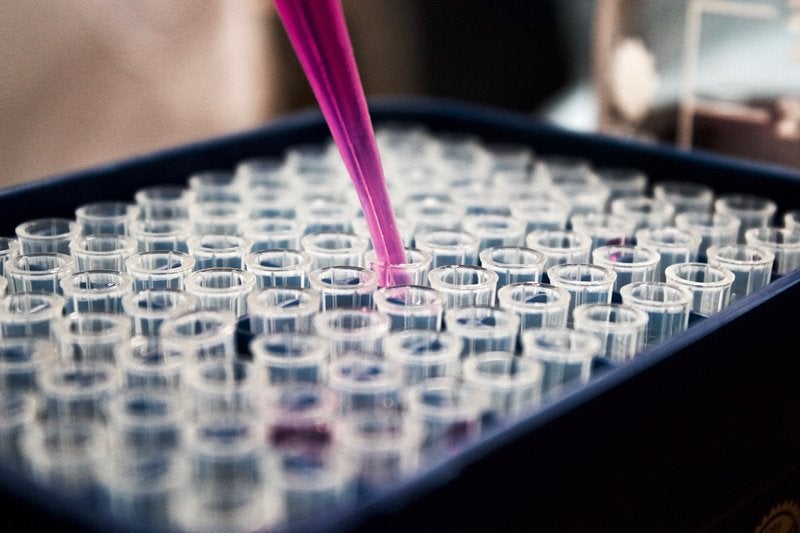
Biopharmaceutical firm Neurocrine Biosciences and clinical-stage gene therapy company Voyager Therapeutics have announced the results of a Phase I trial for investigational gene therapy VY-AADC from eight patients with Parkinson’s disease.
The open-label trial was conducted to assess the safety and efficacy of VY-AADC and the posterior (from the back of the head) surgical delivery approach.
VY-AADC has been designed to put the aromatic l-amino acid decarboxylase (AADC) enzyme into brain cells where it can convert levodopa to dopamine.
Parkinson’s disease is a chronic, progressive and debilitating neurodegenerative disorder characterised by a loss of dopamine, a chemical produced in the brain and is involved in the control of movement.
Dopamine is produced when AADC converts the chemical levodopa to dopamine. However, with the worsening of Parkinson’s disease, the AADC enzyme decreases in parts of the brain where it is needed to convert levodopa to dopamine, impairing the patient’s motor function.
The results revealed that treatment with VY-AADC has improved good ‘on’ time (on time without troublesome dyskinesia) by 1.7 hours from baseline and reduced ‘off’ time by 2.2 hours at 12 months from baseline in patients.
How well do you really know your competitors?
Access the most comprehensive Company Profiles on the market, powered by GlobalData. Save hours of research. Gain competitive edge.

Thank you!
Your download email will arrive shortly
Not ready to buy yet? Download a free sample
We are confident about the unique quality of our Company Profiles. However, we want you to make the most beneficial decision for your business, so we offer a free sample that you can download by submitting the below form
By GlobalDataFour of the eight patients demonstrated a greater improvement in motor function, including a 3.2-hour improvement in good ‘on’ time at 12 months.
The VY-AADC infusions were also well-tolerated with no serious adverse events, demonstrating that the posterior trajectory is an additional surgical delivery route in Parkinson’s patients.
On average, patients’ baseline characteristics in the trial were consistent with patients’ baseline from a separate, ongoing Phase Ib trial using a frontal (from the top of the head) surgical delivery approach.
Two patients in the Phase I trial were identified as having impulse control disorder, while no patients were identified as having impulse control disorder in the Phase Ib trial.
Patients also reported a mean 28% reduction in the Parkinson’s disease medication at six months and at 12 months from a baseline mean of 1,500mg/day.
Based on the results from the two trials, Voyager has initiated Restore-1, a Phase II, placebo-surgery controlled, double-blinded, multi-centre, clinical trial.
In 2019, the companies entered a collaboration to develop and commercialise gene therapy programmes, including VY-AADC for Parkinson’s disease and VY-FXN01 for Friedreich’s ataxia.







